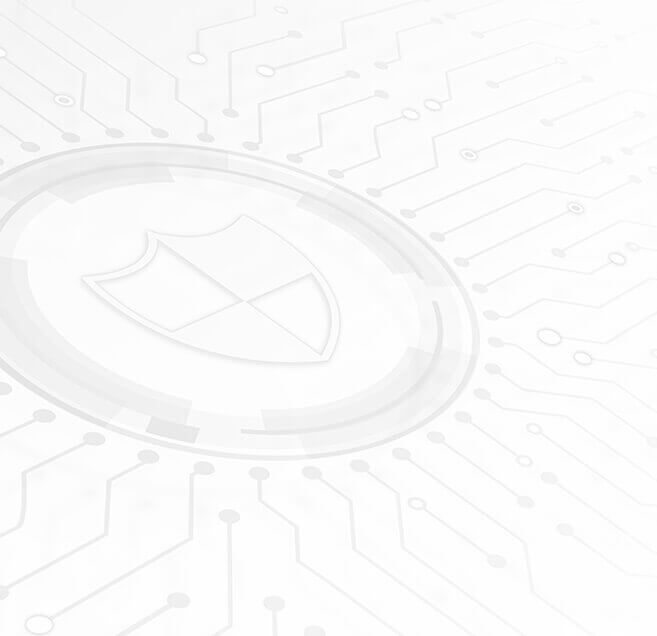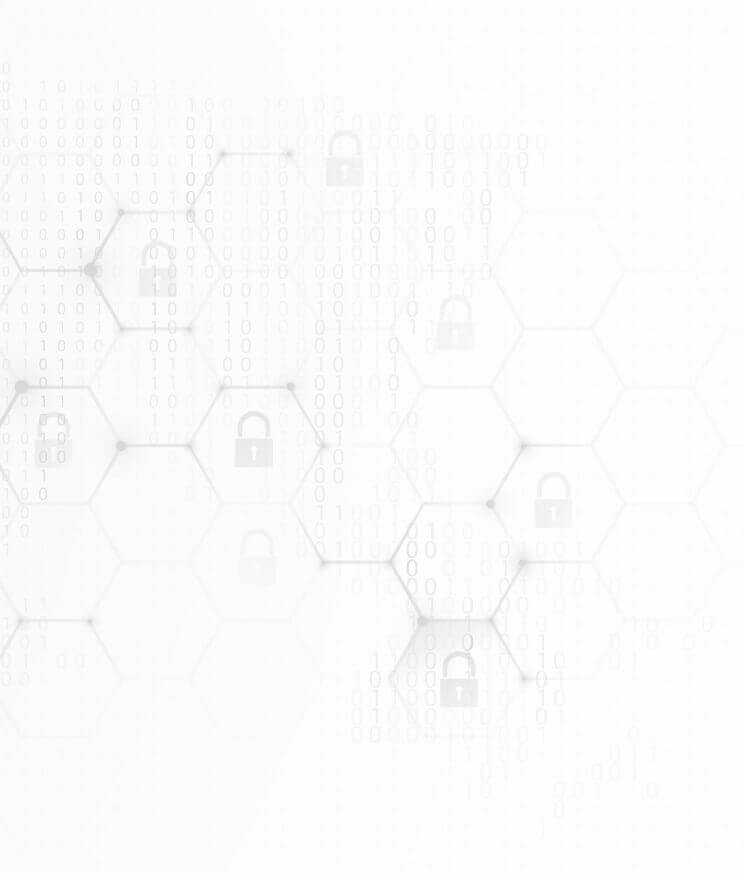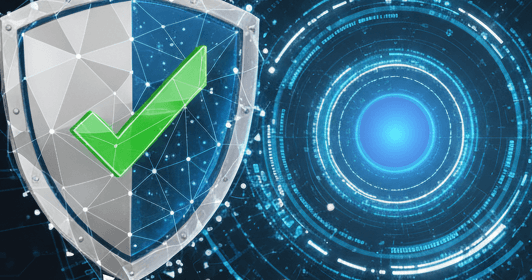
Are you ready for the Digital Operational Resilience Act (DORA)?
The European Union’s Digital Operational Resilience Act (DORA), which fully came into effect on January 17, 2025, isn’t just another piece of regulation – it’s a fundamental shift in how businesses, particularly those in the financial sector, must approach maintaining resilient operations through severe disruption caused by cybersecurity issues.
As your trusted cybersecurity specialist, Mondas understands the complexities of navigating new regulatory landscapes. This article breaks down how DORA is impacting businesses and why proactive preparation is no longer optional, but essential for survival and growth.
Beyond DORA Compliance, Building True Digital Resilience
DORA’s main objective is to enhance the digital operational resilience of the financial sector. This effort goes beyond merely meeting compliance requirements; it focuses on ensuring that organisations can withstand, respond to, and recover from a wide range of ICT-related disruptions and threats, such as cyberattacks, system failures, and third-party service outages.
Although DORA specifically targets regulated financial entities—such as banks, investment firms, and insurance companies—its principles and the broader shift in regulatory thinking are influencing all industries that depend on digital infrastructure. This is important because the interconnected nature of modern business means that disruptions in the financial sector can have widespread consequences. Additionally, the emphasis on strong digital resilience is increasingly seen as a benchmark for best practices, affecting the expectations of clients, partners, and even insurers.
Key Ways DORA is Impacting Businesses:
- Elevated Focus on ICT Risk Management: DORA mandates a comprehensive and proactive approach to identifying, assessing, and mitigating ICT risks. This requires businesses to move beyond basic cybersecurity measures and implement robust frameworks with transparent governance, continuous monitoring, and regular risk assessments. This level of scrutiny is increasingly becoming the expected standard for any organisation handling sensitive data or critical operations.
- Stricter Incident Reporting and Classification: The harmonised incident classification and reporting requirements under DORA are forcing financial entities to have mature incident management processes. The need for timely and detailed reporting of significant ICT-related incidents to authorities sets a precedent for transparency and accountability that other sectors may soon face pressure to adopt.
- Emphasis on Rigorous Resilience Testing: DORA’s requirement for regular and advanced digital operational resilience testing, including Threat-Led Penetration Testing (TLPT) for significant entities, highlights the importance of proactively identifying weaknesses. This focus on robust testing methodologies is a valuable lesson for all businesses looking to truly understand their vulnerability levels.
- Increased Scrutiny of Third-Party Risk: With the growing reliance on cloud services and other external providers, DORA’s emphasis on managing ICT third-party risk is particularly relevant. The need for thorough due diligence, contractual safeguards, and ongoing monitoring of third-party providers is a crucial aspect of modern risk management for any business that outsources critical functions.
- Fostering Information Sharing: DORA encourages sharing cyber threat information among financial entities. While sector-specific, this principle of collaborative security and intelligence sharing is a valuable concept for businesses across industries to consider.
What This Means for Your Business, Beyond Financial Services:
Even if your organisation isn’t directly regulated by DORA, understanding its principles is crucial:
- Heightened Client Expectations: Businesses that demonstrate strong digital operational resilience will likely gain a competitive advantage as clients become more aware of and concerned about the security and stability of their partners.
- Supply Chain Security: As financial entities demand greater resilience from their suppliers, businesses across the supply chain will face increasing pressure to demonstrate robust security practices.
- Best Practice Framework: DORA provides a comprehensive framework for building digital resilience that can serve as a valuable guide for any organisation looking to strengthen its operational stability.
- Potential Future Regulations: The principles enshrined in DORA could serve as a blueprint for future digital resilience regulations in other sectors.
Where to start?
To implement the Digital Operational Resilience Act (DORA), organisations should begin by conducting a thorough gap analysis to assess their current operational resilience practices against the standards outlined in the Act. This process involves reviewing existing cybersecurity measures, risk management frameworks, and incident response protocols. Based on this assessment, organisations need to develop a strategic plan that includes necessary updates to policies and procedures, as well as staff training to improve awareness and understanding of digital resilience. It is also essential to establish strong communication channels with all stakeholders, including third-party service providers, to ensure alignment with DORA requirements. Regular testing and simulations of operational resilience capabilities should be scheduled to identify vulnerabilities and enhance response strategies. Finally, organisations must stay informed about regulatory updates and ensure ongoing compliance through continuous monitoring and adaptation of their practices.
Mondas: Your Partner in Building Digital Operational Resilience
Navigating the complexities of DORA and building true digital operational resilience requires expertise and a proactive approach. Mondas offers a comprehensive suite of cybersecurity services designed to help your business, regardless of sector, strengthen its digital foundations.
Our services include:
- Risk Assessment and Management: Identifying your unique ICT risks and developing robust mitigation strategies.
- Incident Response Planning and Testing: Preparing for and effectively responding to cyber incidents.
- Vulnerability Management and Penetration Testing: Proactively identifying and addressing weaknesses in your systems.
- Third-Party Risk Management: Assessing and mitigating risks associated with your vendors.
- Security Awareness Training: Empowering your employees to be the first line of defence.
Don’t wait for a disruption to understand the importance of digital operational resilience. Contact Mondas today for a consultation and discover how we can help your business build a strong, secure, and resilient digital future.
The principles of DORA are not just for financial institutions – they are the cornerstones of a sustainable and trustworthy digital presence for all.





